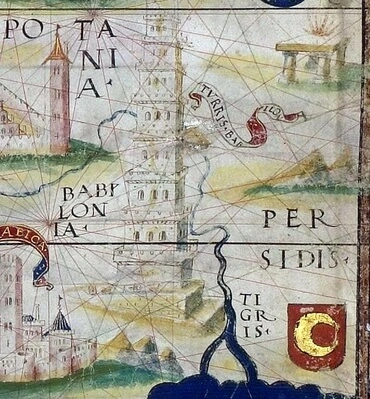1
Y tú levanta esta endecha sobre los príncipes de Israel.
2
Y dirás: ¡Cómo se echó entre los leones tu madre la leona! Entre los leoncillos crió sus cachorros.
3
E hizo subir uno de sus cachorros; vino a ser leoncillo, y aprendió a prender presa, y a devorar hombres.
4
Y los gentiles oyeron de él; fue tomado con el lazo de ellos, y lo llevaron con grillos a la tierra de Egipto.
5
Y viendo ella que había esperado mucho tiempo, y que se perdía su esperanza, tomó otro de sus cachorros, y lo puso por leoncillo.
6
Y él andaba entre los leones; se hizo leoncillo, aprendió a hacer presa, devoró hombres.
7
Y conoció sus viudas, y asoló sus ciudades; y la tierra fue asolada, y su abundancia, a la voz de su bramido.
8
Y dieron sobre él los gentiles de las provincias de su alrededor, y extendieron sobre él su red; fue preso en su hoyo.
9
Y lo pusieron en cárcel con cadenas, y lo llevaron al rey de Babilonia; lo metieron en fortalezas, para que su voz no se oyese más sobre los montes de Israel.
10
Tu madre fue como una vid en tu sangre, plantada junto a las aguas, haciendo fruto y echando vástagos a causa de las muchas aguas.
11
Y ella tuvo varas fuertes para cetros de señores; y se levantó su estatura por encima entre las ramas, y fue vista en su altura, y con la multitud de sus sarmientos.
12
Pero fue arrancada con ira, derribada en tierra, y viento solano secó su fruto; fueron quebradas sus ramas y se secó; fuego consumió la vara de su fuerza.
13
Y ahora está plantada en el desierto, en tierra de sequedad y de aridez.
14
Y salió fuego de la vara de sus ramas, que consumió su fruto, y no quedó en ella vara fuerte, cetro para enseñorear. Endecha es ésta, y de endecha servirá.







